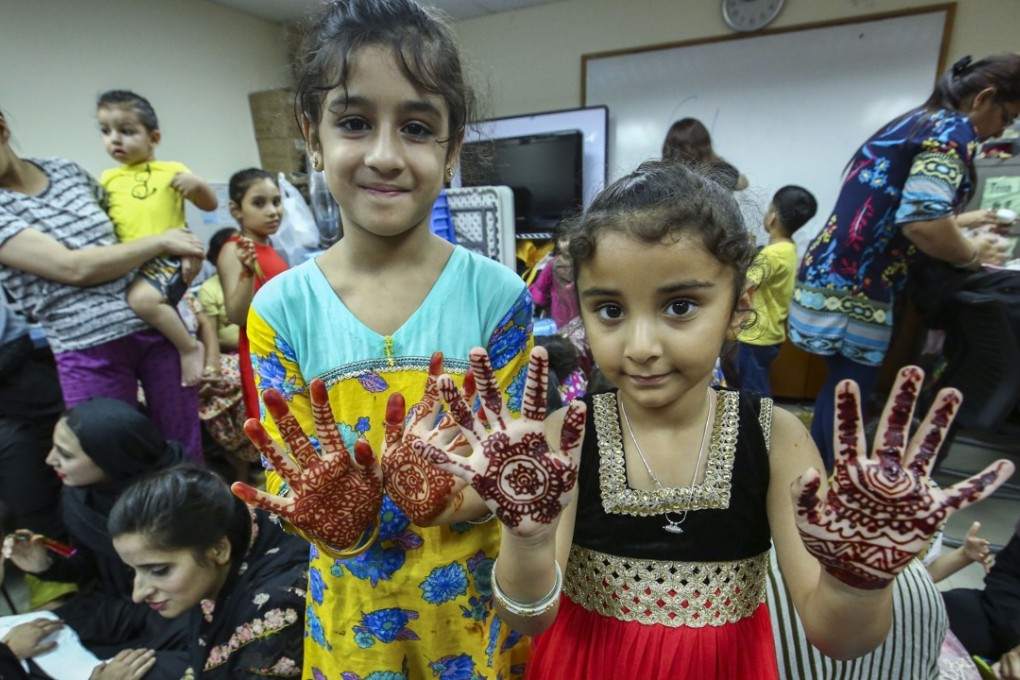Opinion | How Hong Kong will spend the HK$500 million earmarked for support of its ethnic minorities
- Matthew Cheung says the raft of measures aimed at fostering ethnic minority integration into wider society, and giving them a lift in upward mobility, will focus on education, employment and access to public services

Hong Kong is an open, vibrant, international and pluralistic city where East meets West. This distinctive feature underlines our ability of blending harmony with diversity.
At present, some 263,000 people from non-Chinese ethnic minority groups live in Hong Kong (excluding the 380,000-plus foreign domestic helpers). Of these, some 80,000 are South Asians.
Hong Kong’s ethnic minority population forms an integral part of our community and has become increasingly prominent in society. Many members of the ethnic minority groups have their roots in Hong Kong. Over the past decade, their numbers have grown by a remarkable 70 per cent; they now represent 3.8 per cent of our total population.
The Hong Kong government attaches great importance to helping ethnic minority groups integrate into the wider community, and much effort has been made in the past few years to cater to their needs in diverse areas, including education, employment and social participation. At the same time, the government has been working to enhance local Chinese understanding of ethnic minority cultures.
